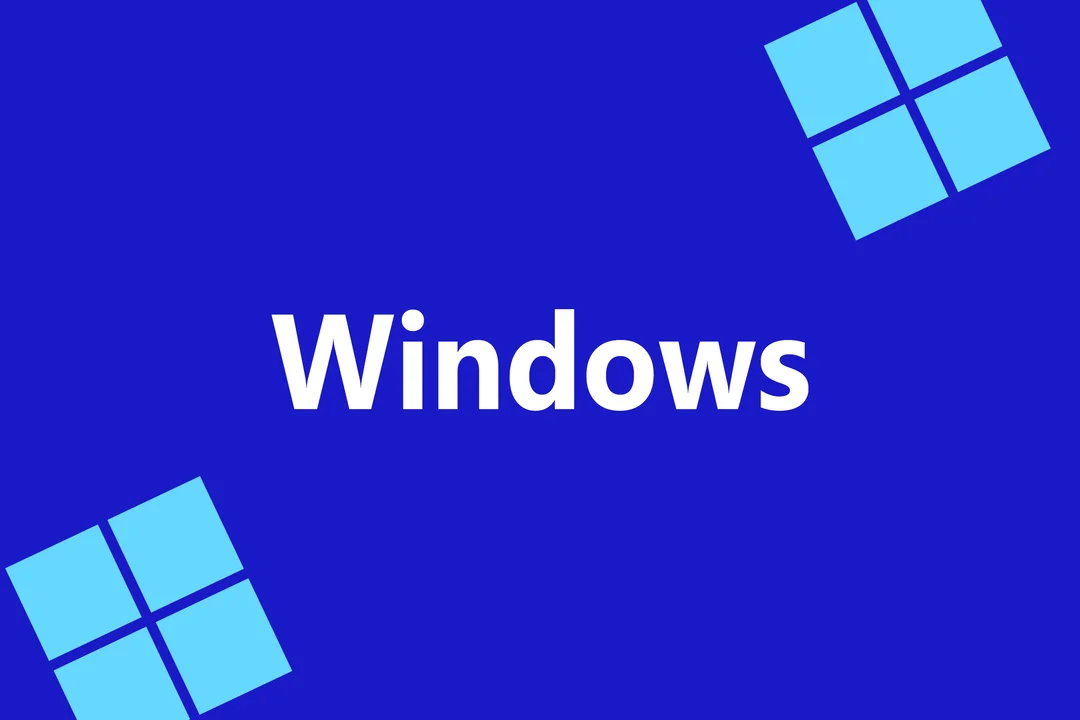
Microsoft Unifies App Updates with Windows Update: A Seamless Future?
Microsoft is taking a bold step to streamline the update process in Windows. The company is opening up Windows Update to handle updates for third-party apps, promising a more unified experience for users. This initiative aims to address the fragmented nature of app updates, where each app typically uses its own mechanism.
According to Microsoft, developers can now sign up for a private preview of the Windows Update orchestration platform. This platform will allow Windows Update to support updates for apps and drivers in the future, initially focusing on business apps but eventually expanding to all apps and management tools. "We’re building a vision for a unified, intelligent update orchestration platform capable of supporting any update (apps, drivers, etc.) to be orchestrated alongside Windows updates," explains Angie Chen, a product manager at Microsoft.
Currently, most apps on Windows update independently. Microsoft's new platform will enable app developers to leverage scheduled updates based on user activity, battery status, and even sustainable energy timing. Developers will also be able to integrate directly with native Windows Update notifications and be listed in the app update history. The platform will support MSIX / APPX packaged apps and some custom Win32 apps. Apps integrated with the orchestrator will automatically receive future improvements to the underlying Windows Update platform.
This move could be a game-changer. As noted by Angie Chen in a recent post, "Updates across the Windows ecosystem can feel like a fragmented experience." The new platform is intended to solve just that. She confirmed the platform would allow for a "unified, intelligent update" system capable of supporting apps, drivers and anything else, all while being "orchestrated alongside Windows updates."
Microsoft has previously attempted to encourage developers to list their apps in the Microsoft Store, to allow the store to handle updates. While the store has improved, some apps are still missing, and businesses often prefer to manage updates for their own line of business apps independently. The Windows Package Manager has also attempted to address app installation and update issues, but its adoption remains limited outside of power users and developers.
The integration of app updates into Windows Update holds significant promise. It remains to be seen whether businesses will be the primary adopters, or if major developers like Adobe will transition to the Windows Update system, replacing their separate background installers.
This initiative certainly sounds appealing. Can a unified approach to updates truly streamline the Windows experience and improve security? Or is this another layer of complexity in an already intricate operating system? Share your thoughts in the comments below.